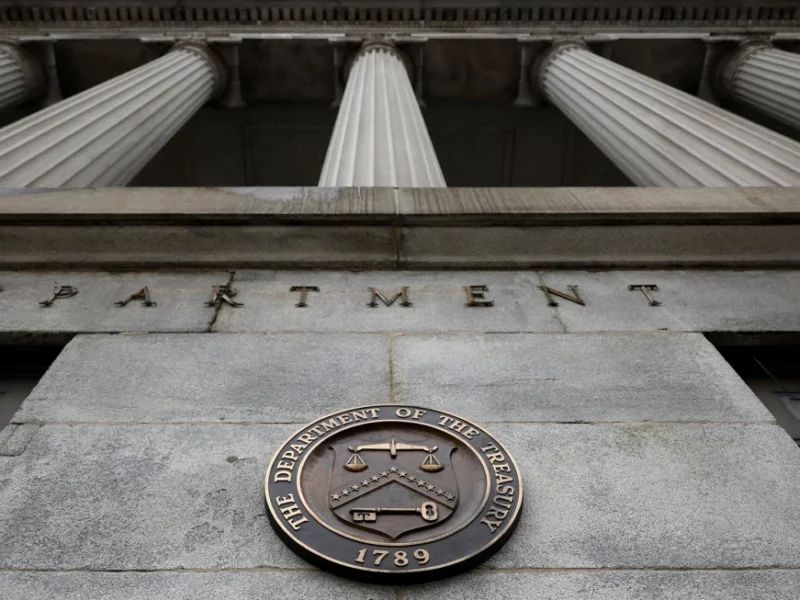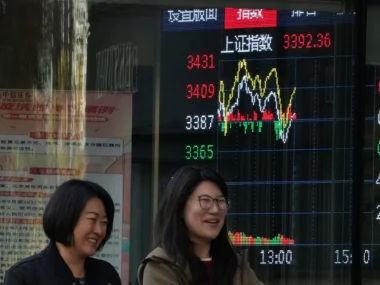The primary federal regulators are issuing their initial warning that the utilization of artificial intelligence presents a potential threat to the financial system.
On Thursday, the Financial Stability Oversight Council, comprised of prominent regulators from various US government agencies, officially categorized AI as an “emerging vulnerability.”
In recent years, highly advanced AI models have gained widespread popularity, despite concerns expressed by experts in the field who warn of dire consequences if this burgeoning technology becomes uncontrollable.
According to its annual report released on Thursday, the FSOC emphasized that while AI holds the potential to stimulate innovation and enhance efficiency, its integration into financial services necessitates careful planning and oversight to effectively address potential risks.
The FSOC, established following the 2008 financial crisis and led by US Treasury Secretary Janet Yellen, cautioned that AI usage can introduce specific risks, including concerns related to cybersecurity, compliance, and privacy.
Additionally, regulators voiced apprehension regarding “complicating factors” linked to generative AI models like ChatGPT. For instance, the council raised concerns about data security, consumer protection, and privacy issues arising from the use of generative AI by financial institutions. Furthermore, they highlighted the potential for generative AI models to generate flawed outcomes, which they referred to as “hallucinations.”
A Completely Opaque and Inaccessible Black Box.
Another concern for regulators is that certain AI models function as “black boxes,” signifying that their internal mechanisms are completely inaccessible to external parties.
The FSOC stated that this “lack of ‘explainability’ can create challenges in evaluating the fundamental soundness of the system, leading to increased uncertainty regarding their appropriateness and dependability.”
In simpler terms, if banks are relying on opaque AI models, it becomes difficult to gauge the true robustness of their underlying systems.
Furthermore, regulators expressed concerns about how these AI systems could generate and potentially conceal biased or inaccurate outcomes. This, in turn, raises concerns about equitable lending practices and other consumer protection issues, as noted by the FSOC.
It’s worth noting that this development comes just two years after regulators initially categorized climate change as an “emerging threat to US financial stability.”
Investment and adoption of AI have surged, despite warnings from certain experts about its potential risks. President Joe Biden has recently issued an executive order directing federal agencies to implement measures to protect the advancement of AI, which is experiencing rapid growth in both adoption and investment.
The FSOC emphasized, “Mistakes and biases can become increasingly challenging to detect and rectify as AI systems become more intricate, underscoring the importance of diligence on the part of technology developers, financial sector companies employing AI, and the regulators responsible for supervising these firms.”
The widespread popularity of ChatGPT and other generative AI tools, which employ large language models to recognize patterns in data and generate text and images, has further fueled the fascination with AI.











